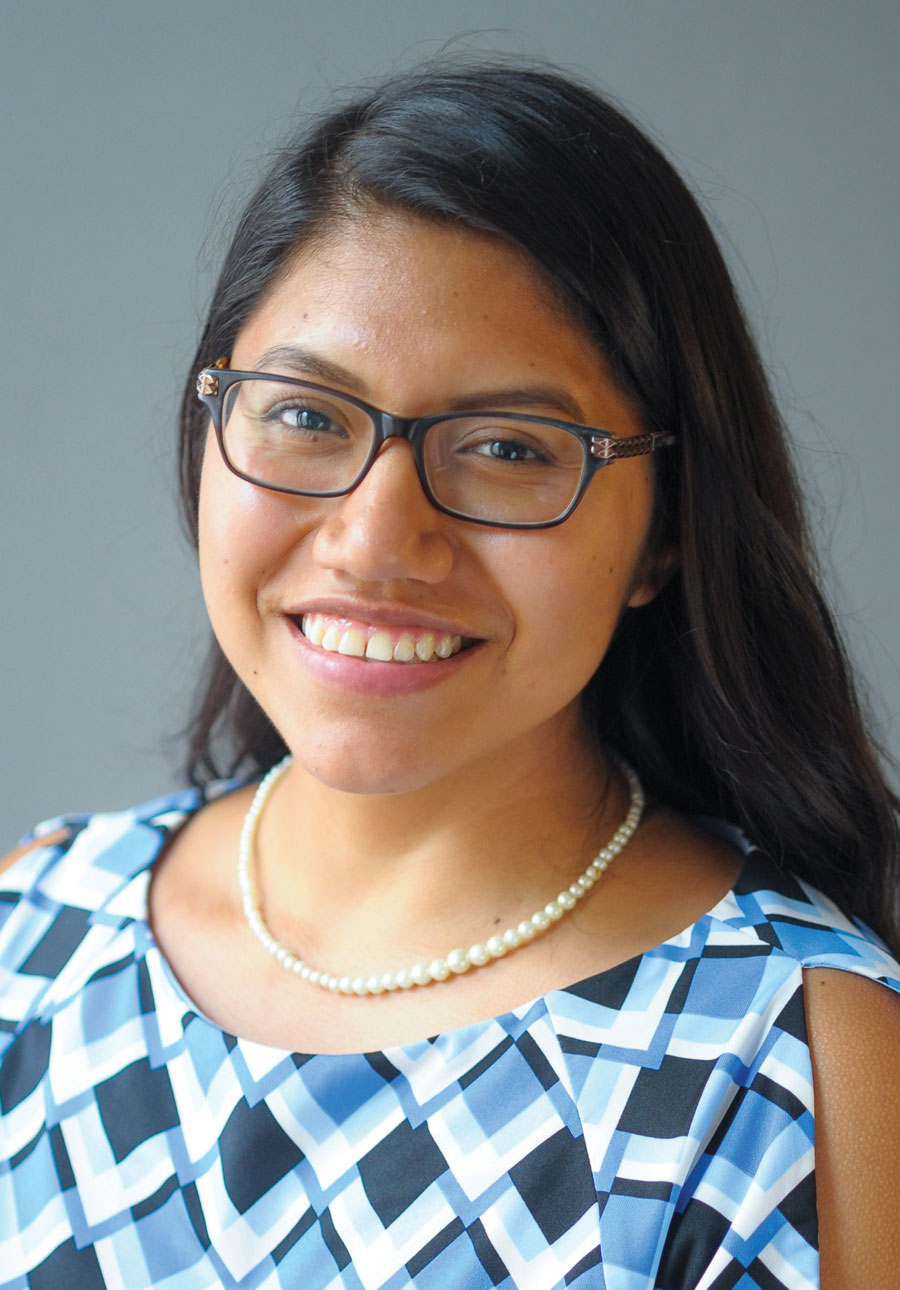Rose Quispe ’18 had already experienced a bit of the world when she arrived at Bucknell.
Born in Peru, her family immigrated to the United States when she was just 8. The Posse Foundation’s leadership program eventually led her to Bucknell, where she took service-learning trips to the Dominican Republic and Nicaragua. While distributing medical supplies and interpreting for English-speaking physicians and their Spanish-speaking patients, Quispe saw something she could not forget.
“Those two experiences solidified my interests in international development,” says Quispe, who majored in economics and French. “I saw the differences between low-income life in the U.S. compared to low-income life in developing countries. Such disparity exists.”

With a well-developed mission to change the world, Quispe applied for the USAID Donald M. Payne International Development Graduate Fellowship Program, which pays for a master’s in international development or other field relevant to the U.S. Agency for International Development and offers fellows a path into USAID foreign service after graduation.
In the meantime, Quispe’s fellowship landed her in Washington, D.C., this summer, where she worked for U.S. Sen. Gary Peters (D-Michigan) writing memos about proposed legislation and reporting about foreign relations committee meetings.
This fall, Quispe began her master’s in international economics at the University of Denver’s Josef Korbel School of International Studies. Next summer, her Payne fellowship will take her on a USAID overseas mission. After completing the program and passing USAID foreign service requirements, she’ll be on her way to becoming a diplomat, but she’s already considering how she might make an impact.
“I hope to work with developing countries to determine how the United States can help in a way that benefits both countries,” Quispe says. “Perhaps we can help improve agriculture. If their economy improves, we may be able to trade so that both economies will benefit.”